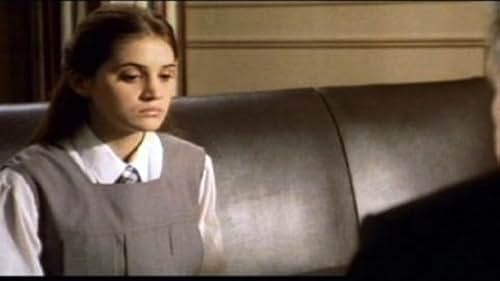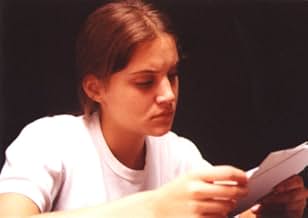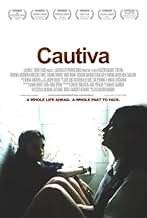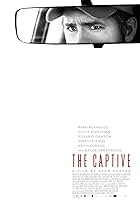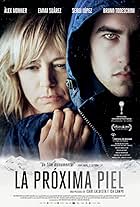A political film in the higher sense of the term, it made me put into question many beliefs I had on my country. Isn't this one of the highest functions of Art!? What I liked most is that, although it obviously "has an agenda", I don't think they fall for "defending a political thesis at all costs". Such a common mistake of Argentine cinema on the "desaparecidos"... It's not without defects, thou. A bit "black and white", stereotyped characters. Let me elaborate: the "left wingers" seem to have no defects AT ALL, they're "full of love and high principles". And the "rednecks" are unlawful liers, violent, hypocritical and even ..."ugly"! They could also take bribes to "have all vices"... I mean, yes, characters could be more nuanced, but, given the low average of reality in most other films of the genre, I think this one deserves accolades. Some humour in any way would have helped, I guess. Just a personal opinion.
Is there any worse thing than what happens here? I can't think of more than one (murder, in all its forms). I think even rape is "less bad"! Before turning this into a "moral philosophy", let me point at the scenes I liked most: 1) When Sofía and her expressive Spanish friend have this important talk about life, surrounded by soccer. Now as before, quenching everything that matters. The "paralelism" is challenger indeed! 2) Having Ives's "The unanswered question" as a musical score when... (I can't say more!) 3) Final scene (aerial take, Handel?) 4) The shower scene, between the two now women, "naked" in more than one sense 5) The brawl between the Quadris and Sofia. An one moment, Pablo starts treating Sofia as a stranger, almost an enemy. Suddenly, her "dear daughter Cristina" is dead, even before he hits her. (maybe a bit predictable I guess) 6) (you may laugh) "The nightmare". It made me realize true horror is not what Hollywood sells us, it's opening a door into the unknown (in her grandma's or aunt's house) and finding a glimpse of a life frozen in time (her dead mother's). The film luckily avoids many pitfalls. Has only one very unbelievable moment, when a nun's teen escapes from Tribunales, from the same savvy cops who reduce the also hard boiled Pablo Quadri. Tribunales' zone is very WELL FILMED, feels absolutely real to somebody like me who's hanged around there very often. Retiro, the trains, both schools... It's a very Argentine film! By the way, found it great how she "downgraded" economically from her rather posh house in the suburbs to her grandma's "dark old house" & derelict Citroen! The contrast between the nun's school, which is not luxurious but looks like when compared to the truly depressing state school!
I was surprised about the performances! Have to say I didn't expect much from this film, for a) I don't like Argentine cinema b) the subject is normally a sign of a tsunami of clichés c) didn't have much faith in Lombardero. When I saw "Hugo Arana" I feared the worst :) I had to gulp my prejudices, they both acted surprisingly subduedly, without overemphasis. I had my "lesson", they taught it to me. I would have liked to know what was being played during the film, I loved the usage of classical music throughout the film (not in just a couple of broken scenes). My kudos to the director, of whom I knew nothing, and who (thanks IMDb!) has been a "sound editor" in mainstream American cinema! Well, I hope he continues to surprise us!

